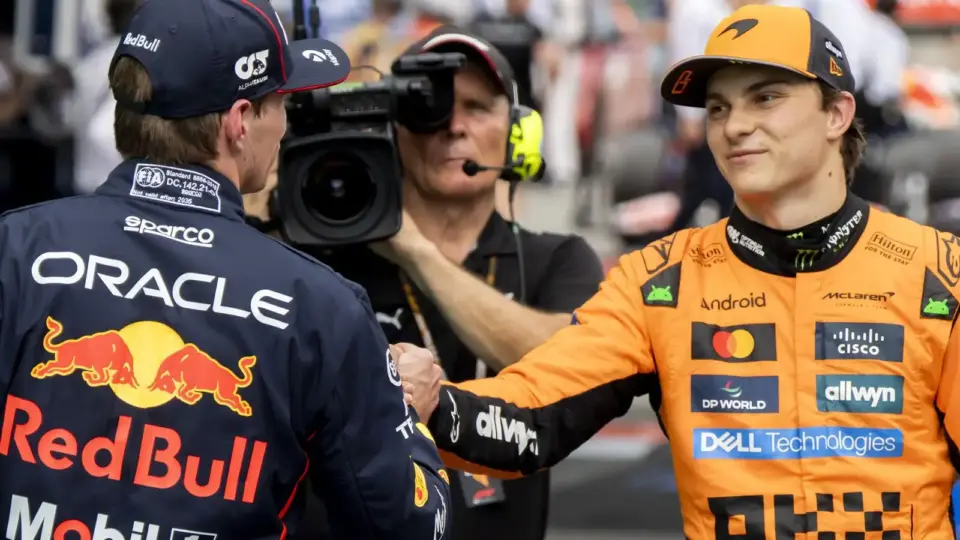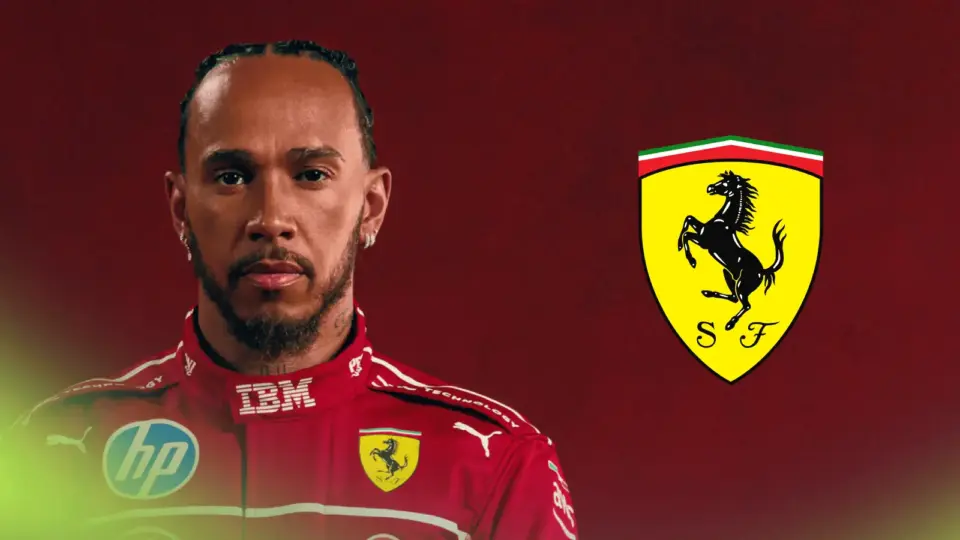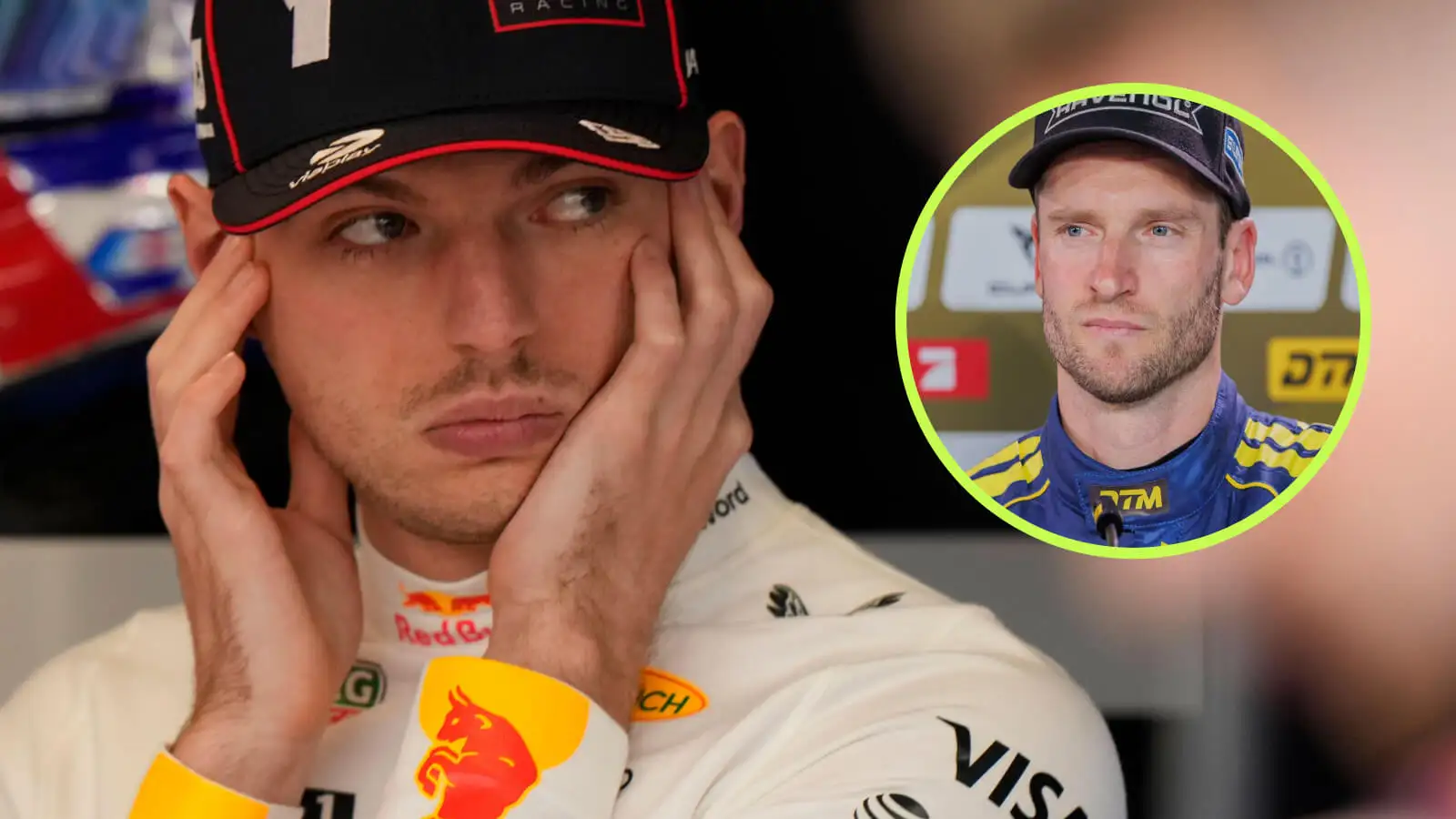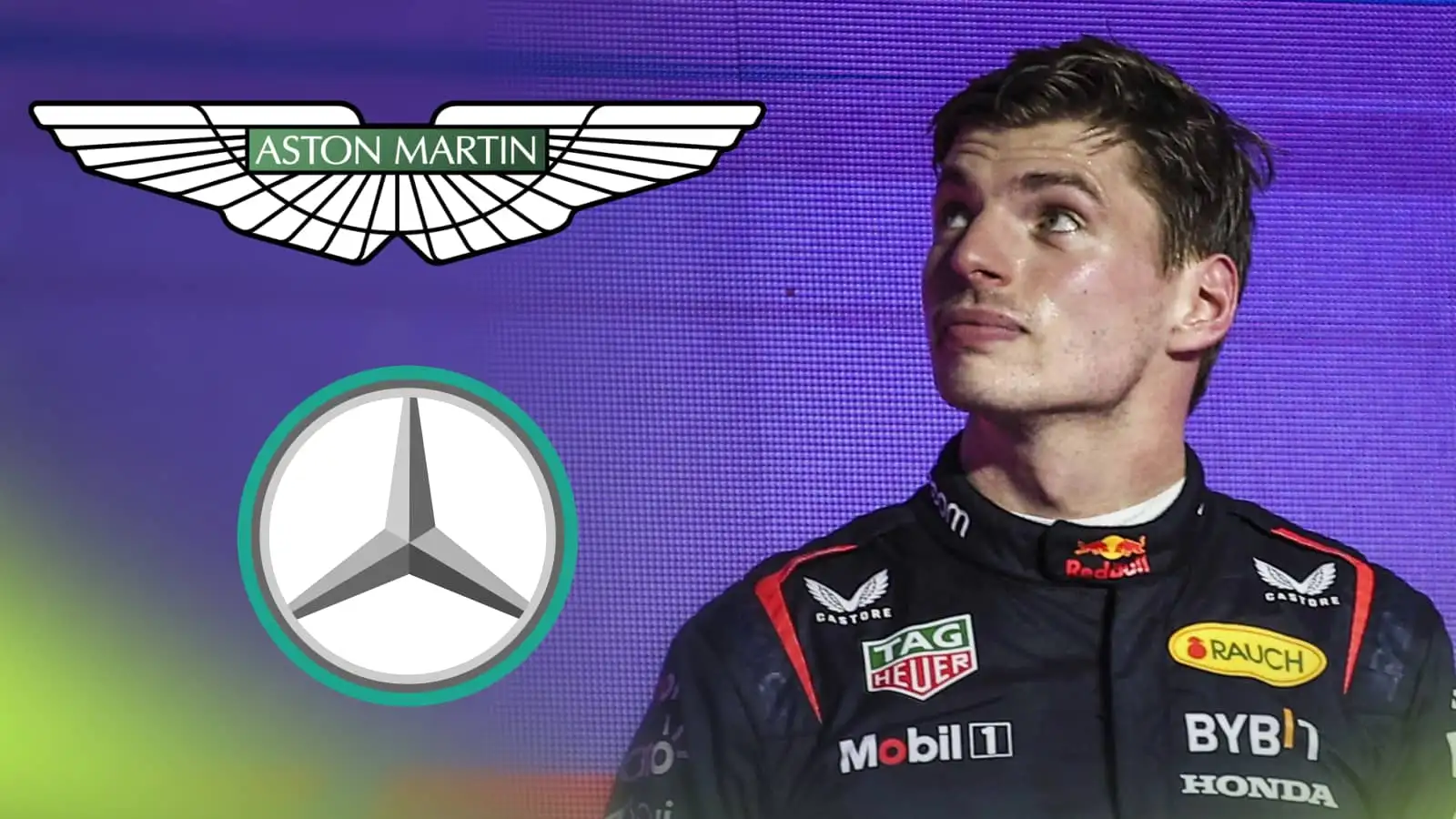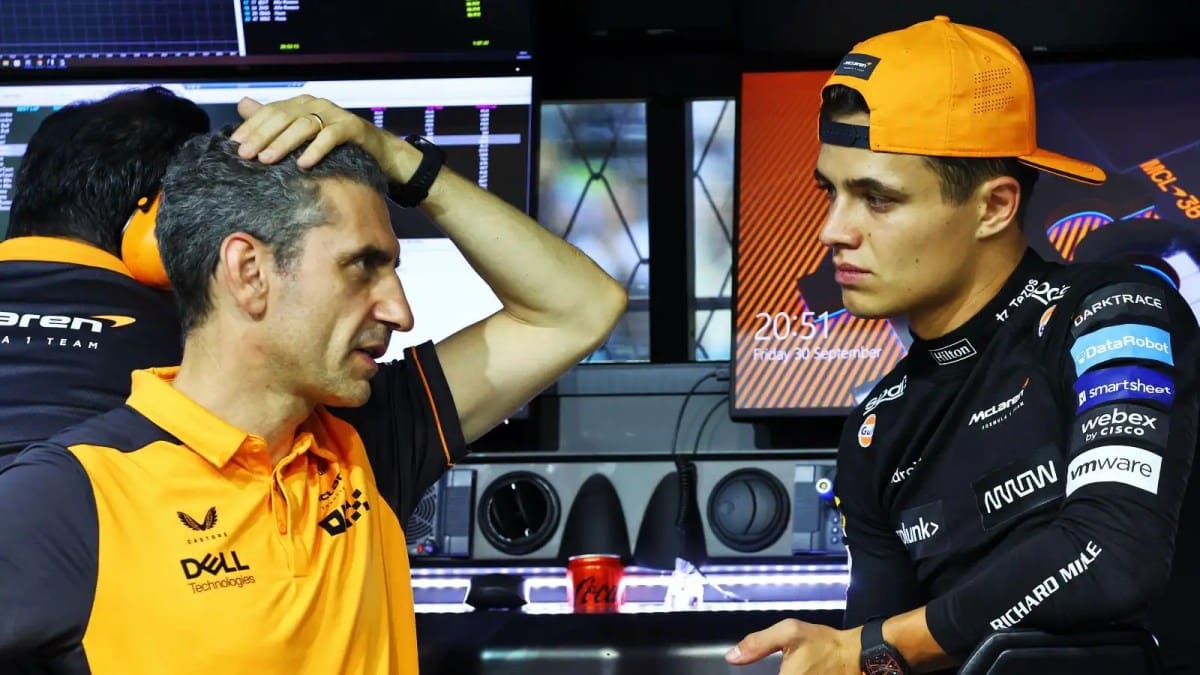Max Verstappen, the F1 superstar, is on the edge of a race ban as he navigates a tightrope of penalty points.
- With 11 penalty points on his license, Verstappen must avoid any infractions in the next two races.
- The FIA’s rules state that reaching 12 points leads to an automatic race ban, a situation Magnussen experienced last year.
- Penalties have piled up for Verstappen since last year’s chaotic Austrian Grand Prix involving a clash with Lando Norris.
- If banned, Verstappen could miss a crucial race, affecting his championship chances.
Max Verstappen, known for his aggressive driving style, is currently walking a fine line in the F1 circuit, teetering just one penalty point away from an automatic race ban. This precarious situation means he must maintain a spotless record for the upcoming two races. The FIA mandates that any driver collecting 12 penalty points will face a race ban the following weekend. Verstappen, with 11 points, finds himself in this dangerous territory, echoing a similar plight faced by Kevin Magnussen last year.
The accumulation of penalty points for Verstappen began last year at the Austrian Grand Prix. A contentious collision with McLaren’s Lando Norris added two points to his record. More infractions followed at the Mexican Grand Prix when Verstappen forced Norris off track, further cementing tensions between the rivals. This incident resulted in a time penalty and increased Verstappen’s tally by another two points.
Verstappen’s missteps in Sao Paolo and Qatar added a total of two penalty points due to driving errors under the Virtual Safety Car and during qualifying, respectively. In Abu Dhabi, he was penalized for colliding with Oscar Piastri, adding two more points, while a collision with George Russell in Spain pushed him to 11 points. To avoid a race ban, Verstappen needs clean sheets in Canada and Austria. If he succeeds, he will lower his total to nine points, but must continue this immaculate streak through the season.
The implications of a race ban are significant. Already 49 points behind the leader in the championship standings, a ban could severely impede Verstappen’s chances of catching up. However, should a ban occur, this could allow Red Bull to shift focus to the upcoming 2026 F1 regulations, which promise substantial changes. Verstappen might personally not object to a ban, as it could afford him time off with his family and clear his Super Licence.
Red Bull, in the event of a ban, has potential replacements lined up. Candidates include Liam Lawson and Isack Hadjar, both bringing their own merits to the table. Lawson has previous experience with the team, while Hadjar has impressed as a newcomer. Ayumu Iwasa is also a contender, given his recent test performances. Regardless of the lineup, Verstappen’s current situation puts Red Bull in a strategic dilemma as they weigh the costs of pushing this year’s car development against future plans.
Verstappen’s fate hinges on his ability to stay disciplined in upcoming races, with the pressure mounting to avoid a costly ban.

